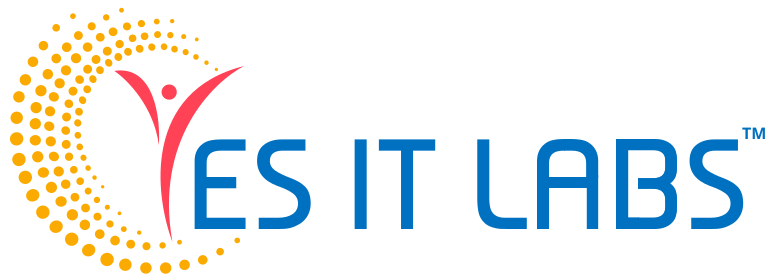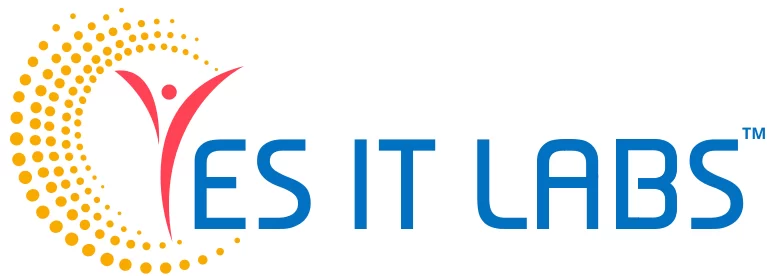In the ever-evolving landscape of website development, choosing the right platform is crucial. Two contenders that often spark debate are Webflow and WordPress. Each has its strengths and weaknesses, making the decision a challenging one for many developers and businesses. In this guide, we’ll break down the pros and cons of Webflow and WordPress in a conversational and informative manner, helping you make an informed decision for your next web project.
Understanding the Basics
Let’s start with the basics. WordPress, a household name in the website development realm, has been around for years. It’s an open-source content management system (CMS) that powers over 40% of all websites on the internet. On the other hand, Webflow is a relatively newer player, gaining traction for its visual approach to web design. It allows users to create responsive websites without touching a line of code.
The Pros of WordPress
1. Flexibility and Customization:
WordPress is renowned for its flexibility. With thousands of plugins and themes, you can tailor your website to your specific needs. Whether you’re running a personal blog or a large-scale e-commerce site, there’s a plugin for almost everything.
2. Large Community and Support:
The massive WordPress community means a vast pool of resources. From forums to tutorials, finding help is just a Google search away. Additionally, if you ever need to hire a WordPress developer or partner with a WordPress development company, the options are virtually limitless.
3. SEO-Friendly:
Search Engine Optimization (SEO) is critical for online visibility. WordPress simplifies this process with SEO plugins, making it easier for your website to climb the search engine ranks.
The Cons of WordPress
1. Learning Curve:
For beginners, the learning curve can be steep. Navigating through themes, plugins, and settings might require some time and effort.
2. Security Concerns:
WordPress’s popularity makes it a target for hackers. Regular updates and security measures are necessary to safeguard your website.
3. Bloated Code:
While the extensive plugin ecosystem is a plus, it can lead to bloated code, affecting website speed.
The Pros of Webflow
1. Visual Design Interface:
Webflow’s visual design interface sets it apart. Designers can create stunning, responsive websites without delving into complex code.
2. Hosting Included:
Webflow includes hosting in its plans, streamlining the process and reducing the need for external hosting providers.
3. Faster Development:
For those looking to launch quickly, Webflow offers a faster development process, especially for visually-driven projects.
The Cons of Webflow
1. Limited Third-Party Integrations:
While Webflow is robust, it falls short in terms of third-party integrations compared to WordPress.
2. Steeper Price Tag:
Webflow’s pricing may be a deterrent for smaller businesses or individuals on a tight budget.
3. Learning Curve for Advanced Features:
While the basics are user-friendly, mastering advanced features may take some time.
Should I switch from WordPress to Webflow?
If you’re contemplating a switch, consider your website’s needs. Webflow is an excellent choice for visual designs and quick launches, while WordPress excels in flexibility and community support. If you have the time to learn a new platform and need a visually striking website, the switch might be worth it.
Why is Webflow so popular?
Webflow’s popularity stems from its intuitive visual design interface, making it accessible for designers without extensive coding knowledge. Additionally, the platform’s hosting services and faster development times have contributed to its rising acclaim in the web development community.
Conclusion
In the showdown between Webflow and WordPress, there’s no one-size-fits-all answer. Assess your project requirements, consider your comfort level with coding, and weigh the pros and cons outlined in this guide. Whether you decide to hire WordPress developer or dive into Webflow’s visual design capabilities, remember that both platforms have their merits, and the right choice depends on your specific needs and preferences.






